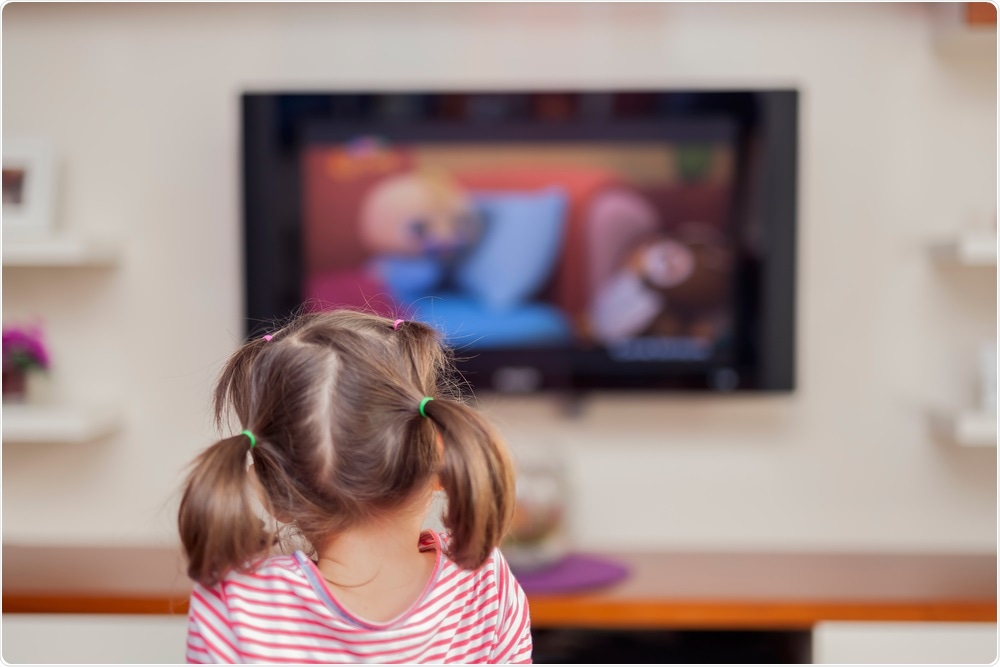A study of children in the U.S has shown that limiting children’s recreational screen time to less than two hours a day, sleeping sufficiently and engaging in physical activity is associated with better cognition, compared with not meeting these recommendations.
 Image Credit: Morrowind / Shutterstock
Image Credit: Morrowind / Shutterstock
The study, which involved 4,520 children (aged 8 to 11 years) showed that the children spent an average of 3.6 hours a day on their screens.
Only one in 20 children met the Canadian 24-hour Movement Guidelines, which include 9 to 11 hours of sleep, spending less than two hours per day on screens and engaging in physical activity for at least one hour per day.
Evidence suggests that good sleep and physical activity are associated with improved academic performance, while physical activity is also linked to better reaction time, attention, memory, and inhibition.”
Jeremy Walsh, Study Author
As reported in The Lancet Child & Adolescent Health, almost one-third (29% [1,330]) of the children did not meet any of the guidelines, 41% (1,845) met one recommendation; 25% (1,129) met two and just 5% (216) met all three.
The more recommendations a child met, the greater their cognitive ability.
Walsh says more studies are now needed into the associations between screen time and cognition, including research into the effect the different types of screen time have, whether the content is educational or entertainment and whether it requires focus or involves multitasking.
Based on our findings, pediatricians, parents, educators, and policymakers should promote limiting recreational screen time and prioritizing healthy sleep routines throughout childhood and adolescence."
Jeremy Walsh, Study Author